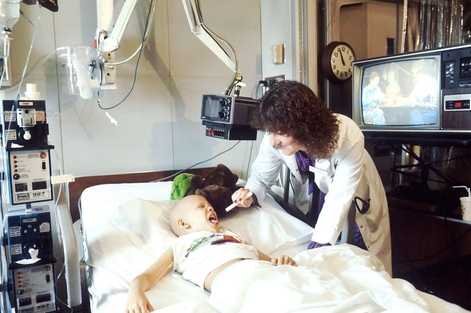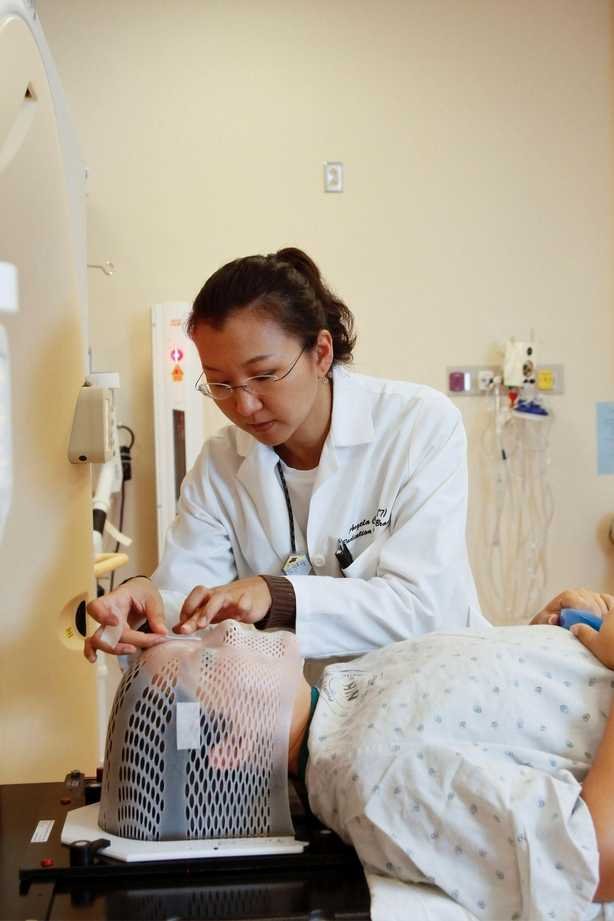Creative Ways to Show Exemplary Leadership in Nursing
The ability to lead others is an important attribute among nurses. Not everyone is cut out for leadership, of course, but the need for exemplary leaders is obvious. There has long been debate about the origin of a good leader. Are good leaders born, or made? Perhaps it is a little of both. Certainly, to become a good leader, it is necessary to learn first to be a faithful follower.
There is a misperception that leaders do little more than bark orders, make decisions, enforce policy, and dispense discipline. This may describe a manager, but it falls short of true leadership. Leaders are not dictators. Rather, they are competent managers capable of making important decisions quickly. They must also be able to communicate effectively and clearly. Their decisions are informed by their deep knowledge and understanding of the challenges involved in providing excellent care, while accounting for the multi-faceted needs of patients, employees, other healthcare professionals, and even patients’ family members. With Great Power Comes Great Responsibility Leadership equates with responsibility. People look to leaders for advice and reassurance, accountability, resolution of personal—and personnel—problems, and insights regarding technical questions about the work to be performed. People look to their leaders to hold themselves—and others—accountable. While an individual nurse may assume responsibility for the care of a handful of specific patients, for a given shift, a leader accepts responsibility for an entire unit, and all the people—both patients and staff—in it.
Good leaders are also good mentors. They inspire and motivate others to do their best, and develop people so that they, too, may become leaders. Mentors, in turn, will have benefitted from helpful mentors earlier in their own careers. They appreciate the value of the mentoring model, and seek to foster competence among new nurses so that they, in their turn, will also be willing and able to mentor new hires and/or students. If you are enrolled in an online nursing school, or working toward your RN to BSN degree, you will almost certainly encounter mentors along the way who help make a difference in your life as a student and, ideally, in your professional career. That is because becoming an excellent nurse is about so much more than learning facts, figures, and skills. It is about learning to care for entire human beings, and not just disease states. Becoming a potential nurse leader involves more than mere medical competence. Leaders are compassionate; they empathize with others and possess “people” skills. Their empathy gives them insights into important aspects of human nature that can be leveraged to elicit the best from everyone involved in providing superior healthcare.
Leaders are Also Teachers A good nursing program can prepare you for the NCLEX-RN, and it can even enable you to obtain a degree in nursing. But many of the skills modeled by excellent leaders are more elusive and more difficult to teach. By and large, good leaders teach by example. They provide clear direction, operate with patience and compassion, understand how to motivate people, and never resort to pettiness or personal attacks. Of course, at virtually any level, nursing involves accepting more responsibility than might be required of someone making widgets on an assembly line. But nurse leaders typically assume still more responsibility. They accept responsibility not only for the welfare of patients, but for the welfare, education, and competence of employees, too. If you think a leadership role might be right for you, even though you are still a student nurse, pay special attention to any mentors and instructors who model leadership behaviors as you continue your journey toward a job in nursing.
















